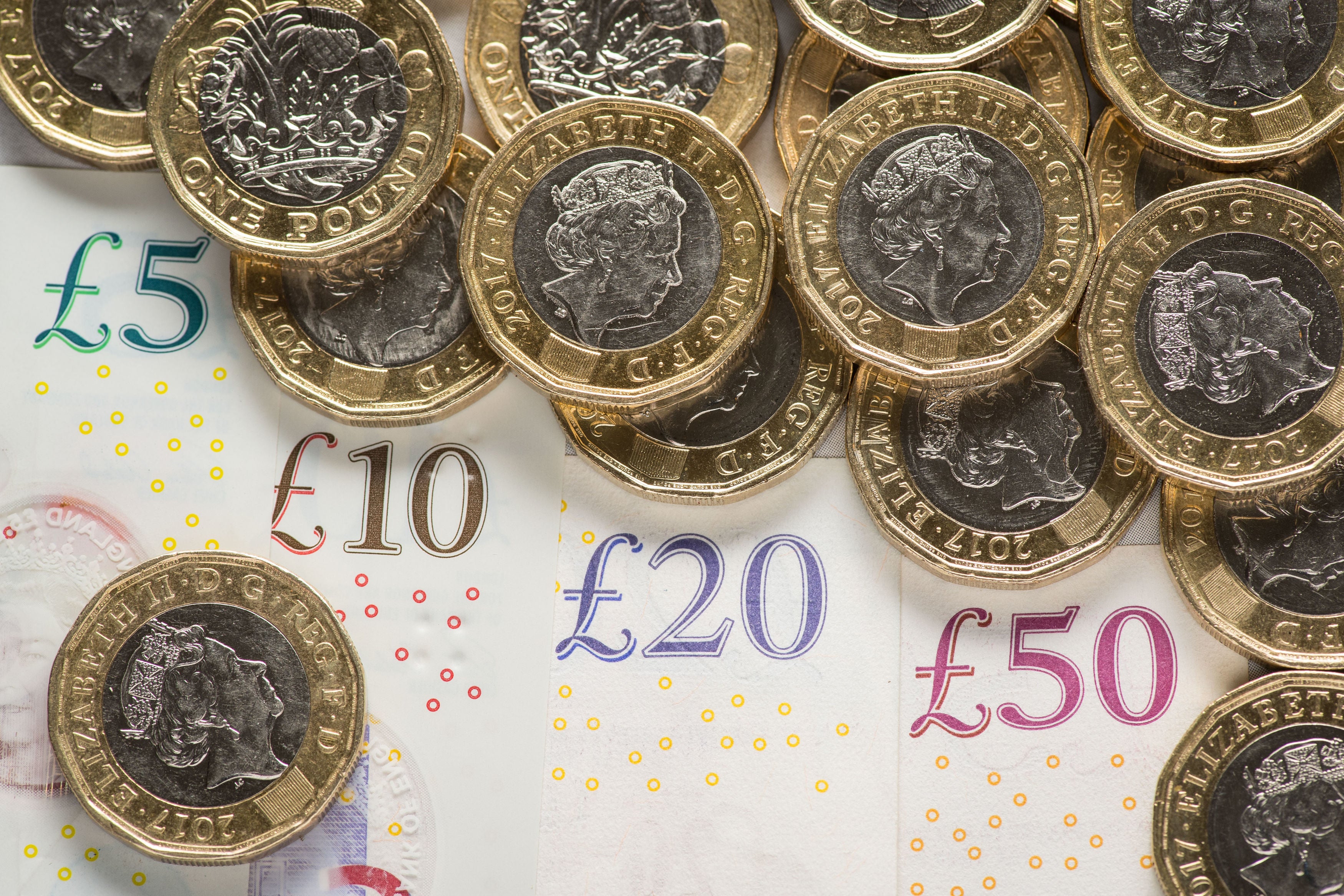UK growth to slow to worst in G7 next year amid soaring inflation, IMF says
Increasing inflation will likely weaken spending in the UK and Europe

Your support helps us to tell the story
From reproductive rights to climate change to Big Tech, The Independent is on the ground when the story is developing. Whether it's investigating the financials of Elon Musk's pro-Trump PAC or producing our latest documentary, 'The A Word', which shines a light on the American women fighting for reproductive rights, we know how important it is to parse out the facts from the messaging.
At such a critical moment in US history, we need reporters on the ground. Your donation allows us to keep sending journalists to speak to both sides of the story.
The Independent is trusted by Americans across the entire political spectrum. And unlike many other quality news outlets, we choose not to lock Americans out of our reporting and analysis with paywalls. We believe quality journalism should be available to everyone, paid for by those who can afford it.
Your support makes all the difference.UK economic growth will be dragged back by the impact of the invasion of Ukraine and soaring inflation over the next two years, according to the International Monetary Fund (IMF).
In its latest World Economic Outlook update, the body has downgraded its UK growth forecast for 2022 to 3.7 per cent from the 4.7 per cent it predicted in January. The IMF had previously already downgraded its growth projection, having said it October last year it expected a 5 per cent rise.
The downgraded projection puts the UK on track for the worst growth of any of the G7 economies next year.
It comes as the IMF also cut its global growth outlook for 2022 to 3.6 per cent from 4.4 per cent.
“Global economic prospects have been severely set back, largely because of Russia’s invasion of Ukraine,” the IMF said. “This crisis unfolds even as the global economy has not yet fully recovered from the pandemic.
“Even before the war, inflation in many countries had been rising due to supply-demand imbalances and policy support during the pandemic, prompting a tightening of monetary policy.”
The IMF warned that the war will “slow economic growth and increase inflation”, creating a more challenging environment as economies continue to recover from the pandemic.
It reported that it expects that inflation will weaken spending in the UK and Europe.
The body said: “In the United Kingdom, consumption is projected to be weaker than expected as inflation erodes real disposable income, while tighter financial conditions are expected to cool investment.”
Speaking to the Financial Times, shadow chancellor Rachel Reeves said: “The IMF’s economic outlook shows the UK is forecast to have the slowest growth in the G7 next year. Once again, the Conservative economic strategy of low growth and high taxes is laid bare.”
The downgrade comes after the UK witnessed 7.4 per cent growth last year as pandemic restrictions unwound.
Predictions for UK economic growth next year were also sharply downgraded, with the IMF reducing its 2023 forecast to 1.2 per cent from a 2.3 per cent estimate from January.
The IMF highlighted that price rises caused by the invasion, including oil, gas, metals, wheat and corn, have resulted in surging food and fuel prices which will particularly have an impact on lower-income households.
As a result, the body said it now projects that inflation will “remain elevated for much longer” than previously expected.
The IMF added: “The risk is rising that inflation expectations drift away from central bank inflation targets, prompting a more aggressive tightening response from policymakers.”
In the UK, Consumer Price Index (CPI) inflation hit 7 per cent in March, and is expected to remain significantly above the Bank of England’s target rate of 2 per cent.
Join our commenting forum
Join thought-provoking conversations, follow other Independent readers and see their replies
Comments